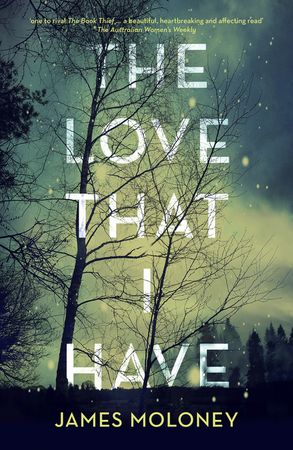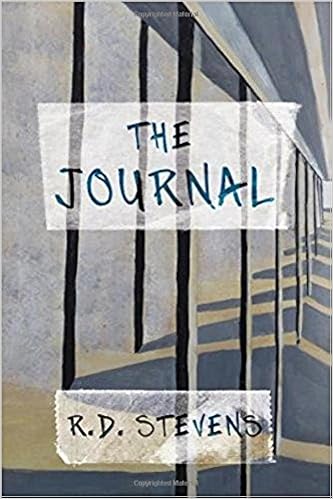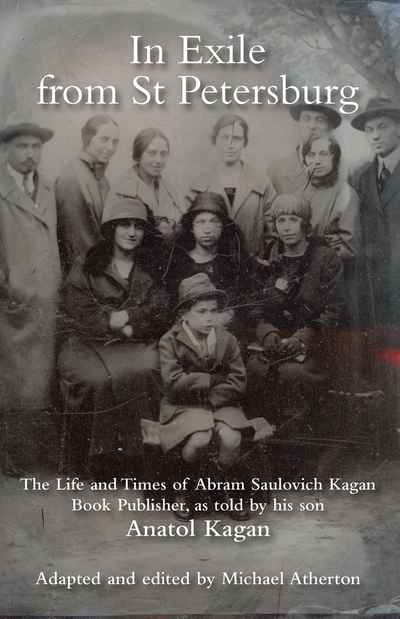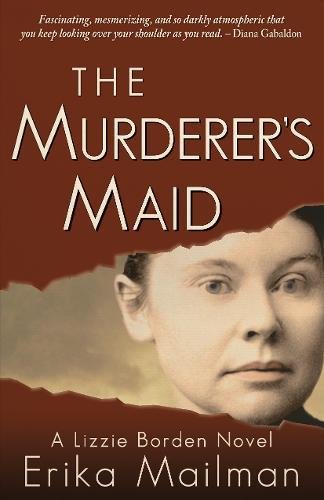 Comparisons aside, Jamie and Girl from Blind River stand on their own as remarkable achievements in popular literature. Gale Massey has a poet’s eye for the telling detail, and can evoke a feeling with a few deftly written words. Readers don’t need to be told Jamie is poor after Massey has her searching “the remaining pizza boxes until she found a piece of crust and chewed it while she watched the [poker] hand play out.”
Comparisons aside, Jamie and Girl from Blind River stand on their own as remarkable achievements in popular literature. Gale Massey has a poet’s eye for the telling detail, and can evoke a feeling with a few deftly written words. Readers don’t need to be told Jamie is poor after Massey has her searching “the remaining pizza boxes until she found a piece of crust and chewed it while she watched the [poker] hand play out.”
Tag: fiction
A review of The Love That I Have by James Molony
 The Love That I Have should be an educational experience for many entertained and amazed readers. We take our freedoms for granted and the stark comparisons between our own carefree lives and the inhabitants of Nazi Germany are a chilling reminder of how important it is to maintain these privileged liberties. This is a book that belongs within a bookcase, the one you can reach for, then show your houseguest and say…”Now, this is a great story I’m sure you would like…”
The Love That I Have should be an educational experience for many entertained and amazed readers. We take our freedoms for granted and the stark comparisons between our own carefree lives and the inhabitants of Nazi Germany are a chilling reminder of how important it is to maintain these privileged liberties. This is a book that belongs within a bookcase, the one you can reach for, then show your houseguest and say…”Now, this is a great story I’m sure you would like…”
A review of The Journal by R D Stevens
 The Journal is thus principally concerned with western individuals churning up other people’s cultural and physical environments with their motorbikes and all-night beach parties, blithely unaware of their largely egocentric and instrumental approach to the world they despoil. What one might accept initially as gently accurate satire of youthful pretensions becomes the unsettling suspicion that we are meant to take much of this seriously – that the novel is as blind as many of its characters.
The Journal is thus principally concerned with western individuals churning up other people’s cultural and physical environments with their motorbikes and all-night beach parties, blithely unaware of their largely egocentric and instrumental approach to the world they despoil. What one might accept initially as gently accurate satire of youthful pretensions becomes the unsettling suspicion that we are meant to take much of this seriously – that the novel is as blind as many of its characters.
A review of The Well Deceived by Isaac Kuhnberg
 The Well Deceived is a magnificently realized novel full of wonderful invention and wicked characterizations. From its steam-powered motor vehicles to its urban squalor, it seldom ceases to enthrall and amuse and bewilder. It is angry and sad, refusing to accept defeat although defeat is assured.
The Well Deceived is a magnificently realized novel full of wonderful invention and wicked characterizations. From its steam-powered motor vehicles to its urban squalor, it seldom ceases to enthrall and amuse and bewilder. It is angry and sad, refusing to accept defeat although defeat is assured.
A review of Black Queen White City by Sonya Kudei
 Trams. Cats. Circles. We are immediately alerted by these allusions to Bulgakov’s Master and Margarita (1966) that we should expect the unexpected in Black Queen White City, an ambitious novel that aspires to paint its own universe (no less) by means of framing devices, parallel worlds and an eccentric cast of characters that includes the white city of Zagreb itself, where the author was born.
Trams. Cats. Circles. We are immediately alerted by these allusions to Bulgakov’s Master and Margarita (1966) that we should expect the unexpected in Black Queen White City, an ambitious novel that aspires to paint its own universe (no less) by means of framing devices, parallel worlds and an eccentric cast of characters that includes the white city of Zagreb itself, where the author was born.
A Review of In Exile from St Petersburg adapted and edited by Michael Atherton
 In Exile from Petersburg takes you right into the life of a high calibre intellectual named Abram Saulovich Kagan and is set within the turbulent times of early 20th century Europe. His son Anatol Abramovich Kagan contributed to this informative biographical account, he also happened to be the father-in-law of the book’s editor, Michael Atherton. This book is well presented in an easy to read and informative style.
In Exile from Petersburg takes you right into the life of a high calibre intellectual named Abram Saulovich Kagan and is set within the turbulent times of early 20th century Europe. His son Anatol Abramovich Kagan contributed to this informative biographical account, he also happened to be the father-in-law of the book’s editor, Michael Atherton. This book is well presented in an easy to read and informative style.
A review of The Things We Can’t Undo by Gabrielle Reid
 Reid’s informative depiction of one such episode should become essential reading within the national high school curriculum and would also provide a great foundation for supervised classroom discussion groups exploring these issues and the consequences of such actions.
Reid’s informative depiction of one such episode should become essential reading within the national high school curriculum and would also provide a great foundation for supervised classroom discussion groups exploring these issues and the consequences of such actions.
A review of The Murderer’s Maid by Erika Mailman
 Fans of historical fiction (especially those based on true events) will likely enjoyThe Murderer’s Maid. Mailman clearly did her research—she included some of the documented incidents that are now part of the Borden family lore, and creates an interesting secondary storyline that weaves together the past and present into a compelling read.
Fans of historical fiction (especially those based on true events) will likely enjoyThe Murderer’s Maid. Mailman clearly did her research—she included some of the documented incidents that are now part of the Borden family lore, and creates an interesting secondary storyline that weaves together the past and present into a compelling read.
A review of A People’s History of the Vampire Uprising by Raymond A. Villareal
 There is never a dull moment throughout Villareal’s novel. I’m not generally the type of reader who’s into vampires, but this novel is on a completely different foundation. Villareal’s detailed portrayals will be very familiar to readers. His gloamings are out there now – they are those celebrities and political leaders that we worship and imitate. This is a book with wide-reaching appeal, which is going to be very very big. You heard it here first.
There is never a dull moment throughout Villareal’s novel. I’m not generally the type of reader who’s into vampires, but this novel is on a completely different foundation. Villareal’s detailed portrayals will be very familiar to readers. His gloamings are out there now – they are those celebrities and political leaders that we worship and imitate. This is a book with wide-reaching appeal, which is going to be very very big. You heard it here first.
A review of The Water Rabbits by Paul Tarragó
 The Water Rabbits exposes the limitations of the review process to an embarrassing extent. It is entirely artificial to read this book from cover to cover more or less in one sitting. It is doubly artificial then to sit down and think of things to say about it. The Water Rabbits needs to be read in small doses; indeed, its stories, dialogues and occasional poems and photographs are arranged in small doses. Sense needs to be made of each individually before the collection can be grasped as a whole.
The Water Rabbits exposes the limitations of the review process to an embarrassing extent. It is entirely artificial to read this book from cover to cover more or less in one sitting. It is doubly artificial then to sit down and think of things to say about it. The Water Rabbits needs to be read in small doses; indeed, its stories, dialogues and occasional poems and photographs are arranged in small doses. Sense needs to be made of each individually before the collection can be grasped as a whole.